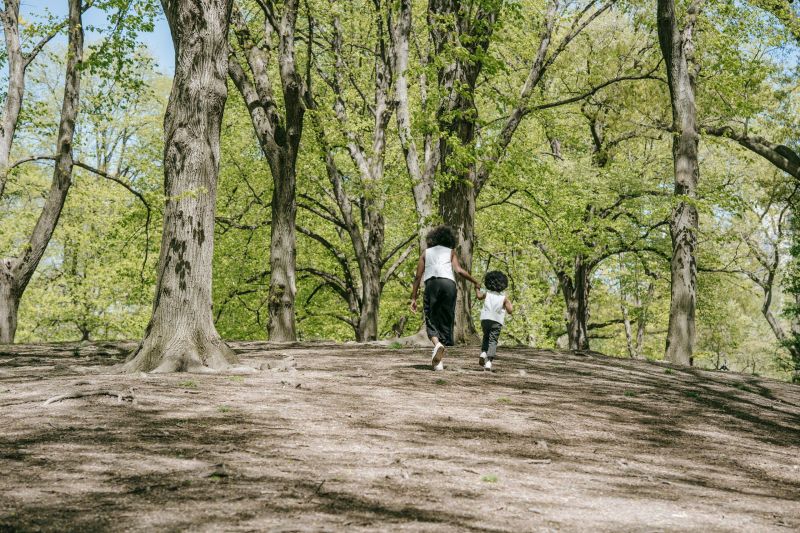The Science of Nature
“Children will not protect what they don’t know, and they won’t know what they haven’t experienced.”
— Sir David Attenborough
Nature has long been recognised as a powerful influence on our health and wellbeing — not just emotionally, but physiologically and cognitively too. Far from being a luxury, time spent in natural spaces is increasingly understood as essential to our development and long-term health.
Scientific research shows that just two hours a week in nature can have a significant impact on overall health and wellbeing. Less than that, and the benefits begin to disappear. But what is it about the natural world that makes such a profound difference?

Nature and the Brain
Time spent in natural environments has been shown to reduce stress hormone levels, lower blood pressure, and improve immune response. A walk in a forest, for example, can increase the body’s natural killer cells — key in fighting viruses and even cancer — and significantly reduce symptoms of anxiety and fatigue.
There are measurable cognitive benefits too. In one study, two groups were given the same 45-minute walk — one through quiet hills, the other along a tree-lined but busy urban street. Afterward, the hill-walkers performed better in cognitive tests and reported more positive moods, demonstrating how quality of nature matters just as much as the act of getting outdoors.
A Disturbing Disconnect
Despite the clear benefits, our connection to nature is dwindling. A 2019 study revealed that half of all 18- to 29-year-olds were online almost constantly, with dramatically reduced time spent outdoors. Even more concerning, three-quarters of UK children were reported to spend less time outdoors than prison inmates — with one in five not playing outside at all on an average day.
This decline in outdoor play and exploration has serious implications for child development, both physically and mentally. Screen time continues to rise, but it often replaces the kind of sensory, unstructured experiences that are foundational for early learning.

Access Matters
Not all nature experiences are equal. While gardens offer some exposure, children benefit far more from time in wild or semi-wild environments — parks, woods, beaches, and open green spaces. Research suggests that these diverse, stimulating environments support everything from motor skills to executive function.
Efforts like urban greening and school forest programs are gaining momentum for good reason: they promote healthier, more resilient communities and help reverse some of the developmental challenges linked to limited nature access.
Supporting Children Through Nature
For those working with children, these findings reaffirm the importance of getting outside — not just occasionally, but regularly. Whether it’s bug hunts, forest walks, growing a garden, or simply watching clouds, nature offers infinite opportunities for exploration, connection, and calm.
And as Attenborough reminds us: “Children will not protect what they don’t know.” If we want the next generation to value and care for the world around them, we must ensure they have every opportunity to know it — with their eyes, their hands, and their hearts.



